Save Money
Compare domain Names
Find domain names for your website, compare domain prices & features to get the best deal!
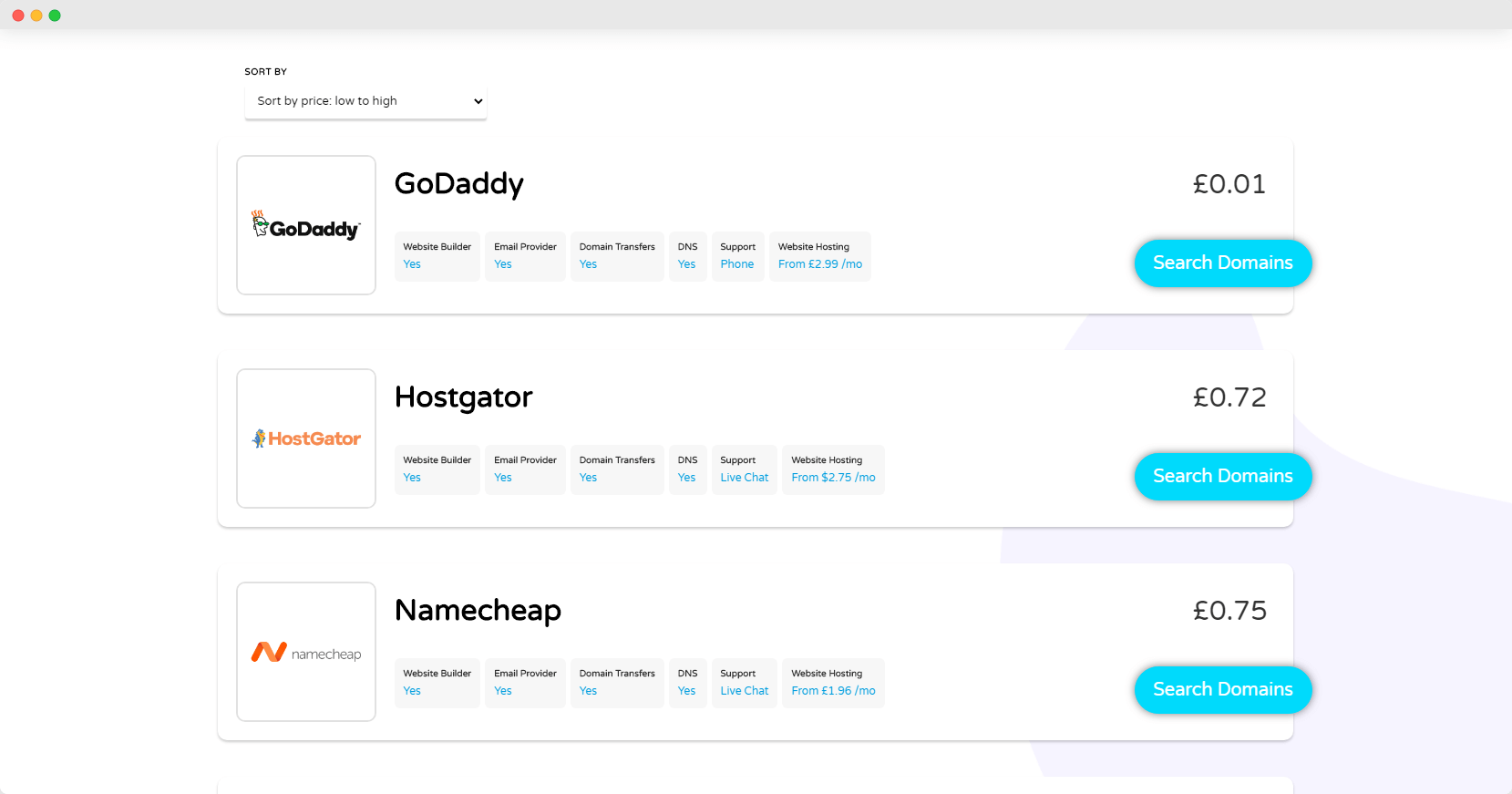
What are domain names?
Domain names are a website’s unique web address. It’s how people access it: for example, this site’s domain name is digitalsupermarket.com. You need to buy and register a domain name before you can use it.
As well as being the address for your website, domain names also provide custom email addresses.
You can also set-up your business email which includes your domain name. This can help to improve your credibility and build your brand. For example, info@yourdomain.com can make your website seem more professional and legitimate.
Email accounts may be included with certain web hosting plans.
Domain name prices vary considerably, use our free domain price comparison tool to check prices and great deal.
Unsure of what domain name to get? This guide will show you how to buy a domain name.

Price
Prices of domain names can range from 1p (for the first year) to well over £/$100,000! It all depends on the domain name itself. Make sure you secure the domain name you need for your business, or a close variant, using our price comparison tool below.
Web hosting
We recommend that you have your website hosting and domain name with one provider if possible. This makes it easier to manage renewals and security. To find the best web hosting for your business.
Features
As well as security features, some domain names providers also offer email marketing services, website building platforms, and even business accounting software! These features may not be so important for established businesses, but if you’re starting a new business, you may find it useful to have multiple services in one place. You can compare features using our free tool.
Make the best choice for your website.
How to choose the best domain name provider
Choosing the best domain provider is important, as a good provider can offer your business multiple different services, such as website hosting, digital marketing tools, a visual website builder, website security, email marketing services and eCommerce tools.
Save money
Compare Domain Prices
Our free domain price comparison tool helps you make the best choice for your website.
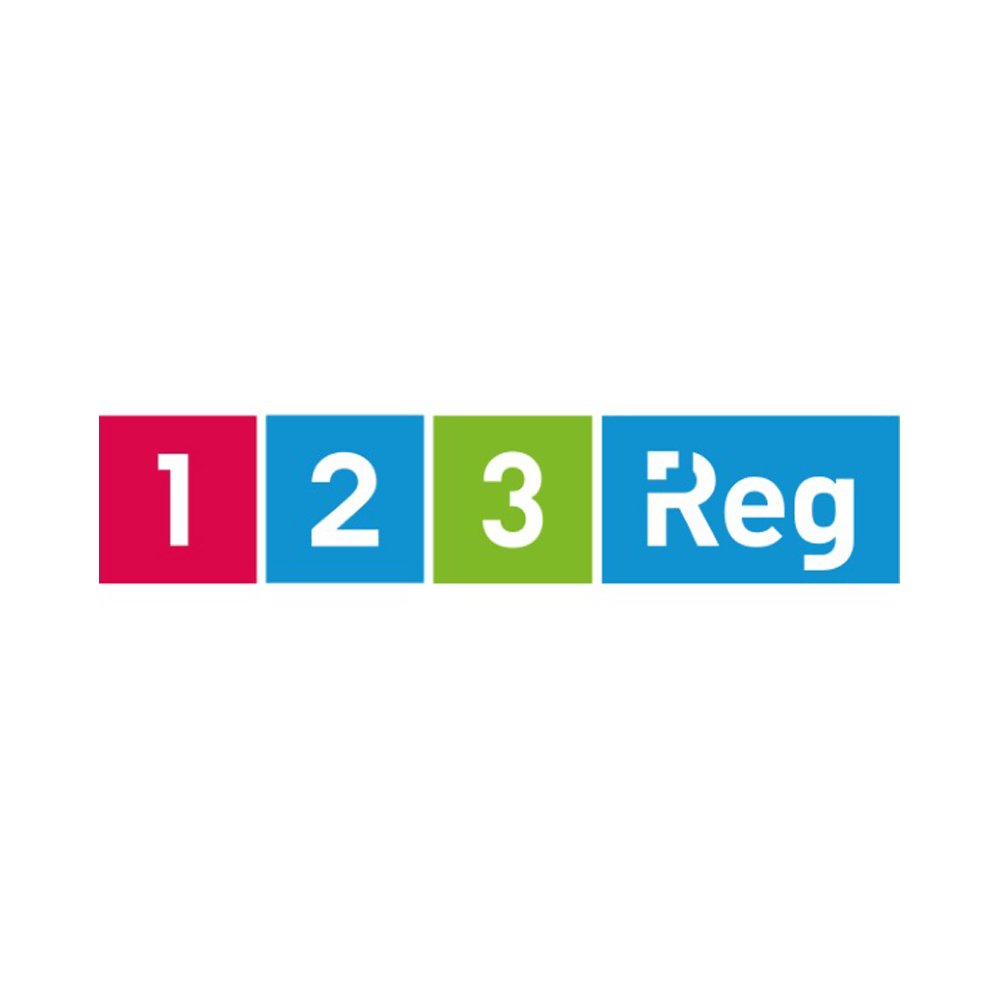


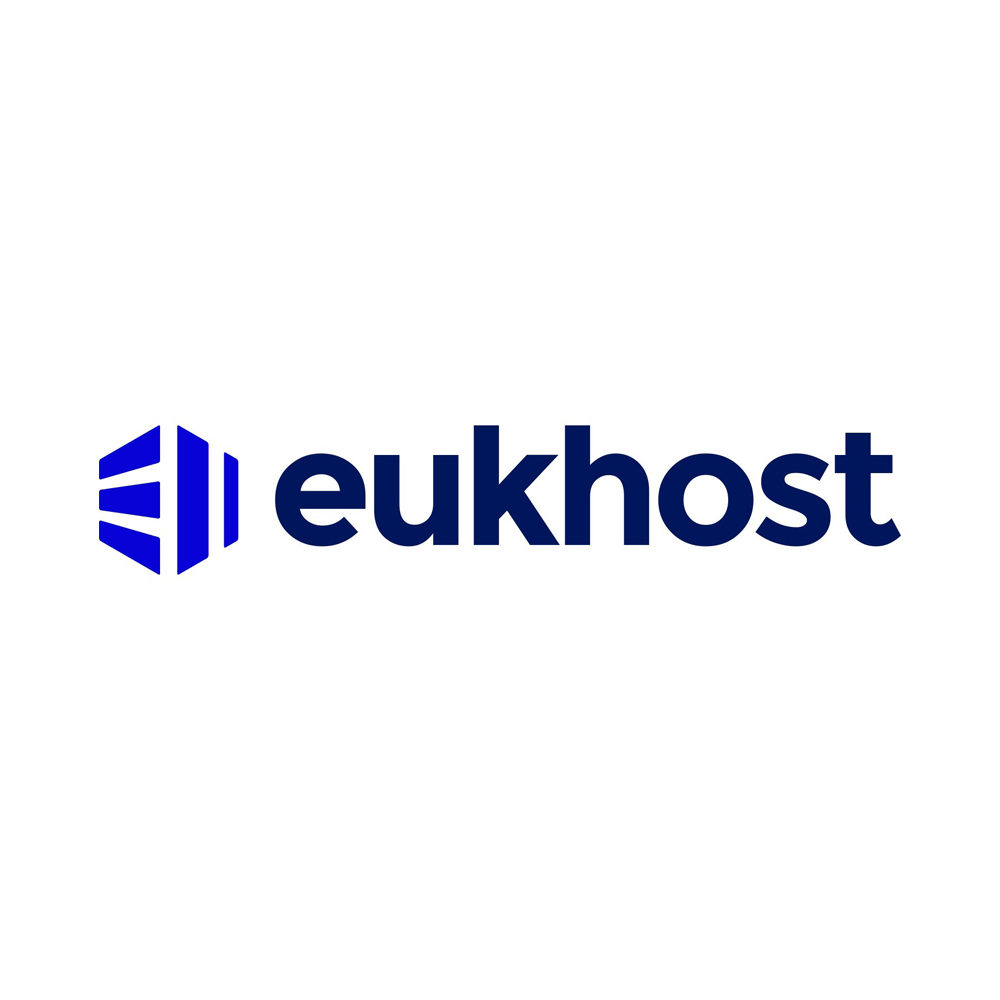
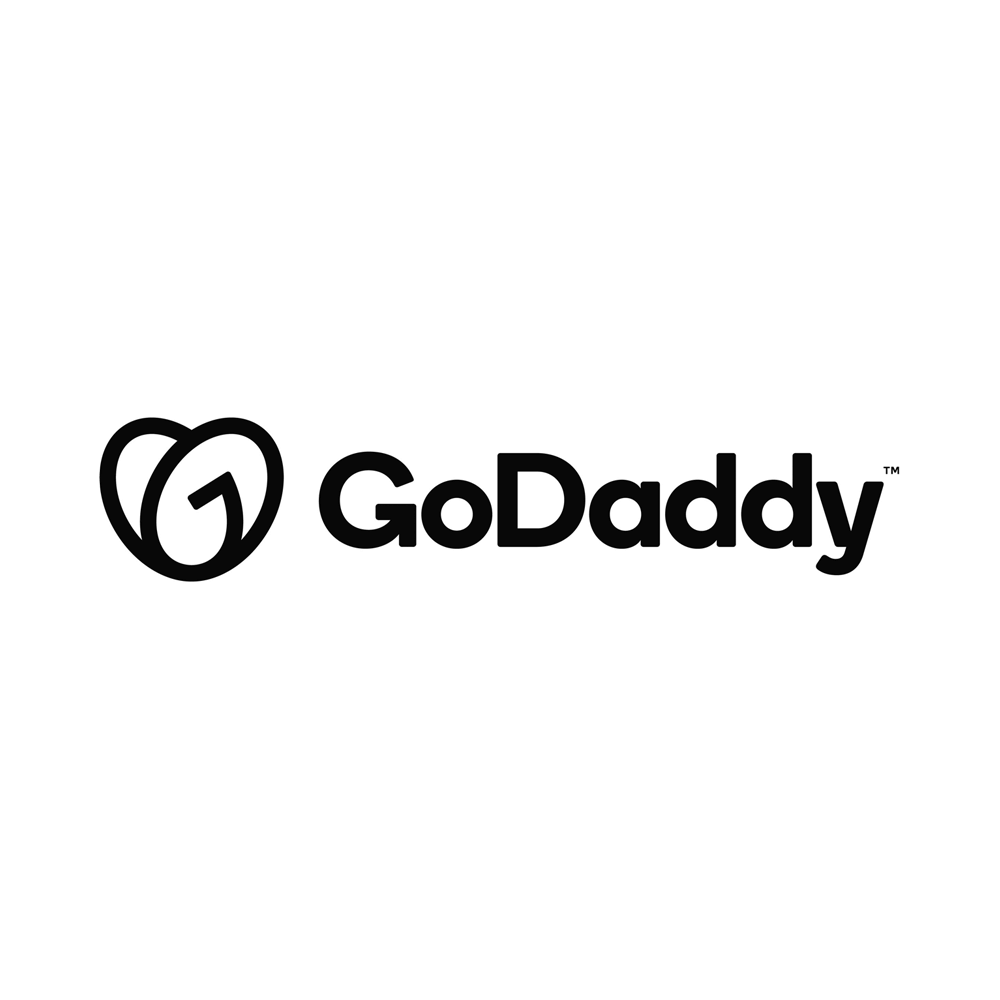

Questions?
Domain Names FAQs
Here’s some simple, jargon-free answers.
You only need to buy a single domain for a small business website. Once you’ve registered an address, you can have as many sub-pages as you want. For example, this page has the subdomain digitalsupermarket.com/domain-names/.
Starting a new website will mean needing to buy another domain.
Here’s 4 tips to choosing great domain names for your new website.
- Make it memorable and easy to spell.
- Shorter domain names are better.
- Avoid using hyphens and numbers if possible.
- If you can’t secure your brand name, choose something similar. For example, Tide the digital bank, have www.gettide.com as their domain name, as www.tide.com was already taken.
- A domain name is your “first impression” online. Your URL (web address) is the first thing visitors to your site will see. A good domain name can make a lasting impression.
- It’s important for SEO performance. While exact match domain names aren’t a necessity, having keywords in your domain name can still help your website with search engine ranking.
- It’s part of your brand identity. Your domain name is a branding opportunity. You want it to be memorable, easy to spell and reflect the name of your company or brand.
A domain name has two parts: the name itself, and an extension like .com, .org or .edu.
This is called a ‘TLD’, for ‘top-level domain’. They’re managed by an organisation called ICANN.
These extensions indicate what the site is about or where it’s based. They’re an important way of making your name unique, but some are restricted to certain industries or countries—only companies in the EU can use the .eu extension, for example.
You should pick an extension that matches the purpose of your site. For most businesses, .com is the standard choice.
Something to consider, though, is that different extensions can be more or less expensive. Because .com is very popular, it costs more to use than an alternative like .net.
While choosing an uncommon extension might be cheaper, unfamiliar extensions like .tech or .app are often associated with spyware or phishing attacks. They should generally be avoided unless you have a good reason to do so.
.com domain names are still the most popular choice for website owners around the world.
Research from Domain Name Stat shows that 43% of all domains have the “.com” extension.
If you’re not able to purchase the .com version of a domain name for your business, you should consider .net, .org or .co.uk (or the suitable extension for your country).
Every TLD has a specific meaning. Knowing what they are will help decide which one fits your site best.
- .com – a commercial or business website
- .co.uk – similar to .com, but for U.K. addresses
- .net – stands for ‘network’, but mainly used as an alternative to .com
- .org – an organisation, often a non-profit or other institution
.edu – a restricted extension for educational sites, like university homepages
When you register a domain name, you’re simply marking out a space of the internet and saying ‘this is mine’.
To actually put something online, you’ll need to host content. You can do this yourself with a private server, but it can quickly get expensive.
A more common approach is to pay other companies with powerful servers to host your website for you, usually for a monthly fee.
Many companies combine these two services, letting you register a domain and host content there for one single fee. There’s little point in registering a domain name by itself unless you can also host it, so this is a sensible option for most businesses.
As with web hosting and other website services, there are a number of different domain registrars on the market, all offering similar prices and services to register the domain name you choose.
Look for some of the services that are offered, so you can decide what domain registrar is best for you.
- Low renewal price – don’t be drawn into the cheap 1st year price without checking the price for the 2nd year and beyond.
- Customer support by phone, email or live chat in case you have any questions.
- Simple domain set-up.
- Domain protection and privacy.
By default, when you register a domain your address, email and phone number will be publicly available. Domain providers can hide this information, but they’re not required to. You may have to pay a little extra if privacy is a concern.
There are no limits on how many domain names you can buy. There are even people who deliberately buy hundreds of domains so that they can then sell them on to other companies. However, this practice, known as cybersquatting, is not always legal.
In addition, multiple domains are rarely necessary. Having more than one address for your company is only likely to confuse customers.
It’s not possible to modify a domain name once it’s been registered.
A common solution is to simply register a new domain instead, and redirect traffic from the old address to the new one. Be careful, however, as implementing redirects poorly can affect your placement in search engine results.
For this reason, it’s best to plan out your domain name in advance to minimise chances that you’ll want to change it later.
Once a domain has been registered, it can’t be removed. This means the number of registered domains only ever goes up.
You can, however, take down the website hosted on a domain and give up control of the address. If you registered a domain through a provider, they can handle this for you, but aren’t obligated to offer you a refund.
Because domains are never deleted, they are sometimes sold on to other companies down the line. If you don’t want this to happen, it might be best to eat the cost of maintaining the domain, even if you don’t plan to use it.
It’s possible to get a website online without registering a domain name. Weebly, for example, lets you create webpages for free.
There’s a catch, however. Those pages will always have wordpress in their address, making it clear that you’ve only used the free version. If you want a unique domain name for your business, you’ll have to pay to register one.
It’s a good idea to register a domain for your business early on, even if you don’t launch a website right away. This is because ‘cybersquatters’ are known to snatch them up in advance and then extort money from businesses who want them.
A domain name is your first impression online, so it’s important to think it over. The best domain names are short, memorable words that match your company’s name.
While most people nowadays don’t manually type in domain names, keeping it short means it’s easier to Google, which will have a big impact on your placement in search results.
Avoid words that are long or easy to misspell. If possible, don’t use punctuation such as hyphens. It’s more idiomatic for words to simply be strung together.
Two sites can’t have the same name, so whatever address you register has to be completely unique. If somebody is already using a name, it’s possible to buy it off them, but it’s more common to simply register a new address instead.
Stay away from names similar to websites that already exist. At best, you might confuse customers or send them to the wrong site. At worst, people might suspect you of trying to run a ‘phishing scam’.
Check out this guide to help you decide how to choose domain names.
Check out this dedicated guide to how to sell domain names.
Here’s one of the best tips for choosing the best domain provider in your business niche.
Make a list of the most frequently used search terms or keywords in your business. You can do this by using an SEO tool or the free AHREFS keyword generator.
If you need more detailed data, you can use a paid tool like Moz or SEMRush.
Once you know what search terms people are using, you can search for variants of that as your domain name. It will help your website appear in Google search results.
Make the best choice for your business
Compare Domain Prices
Use our domain price comparison tool to find the best deal!

Hostgator
£0.72

Domain.com
£7.37
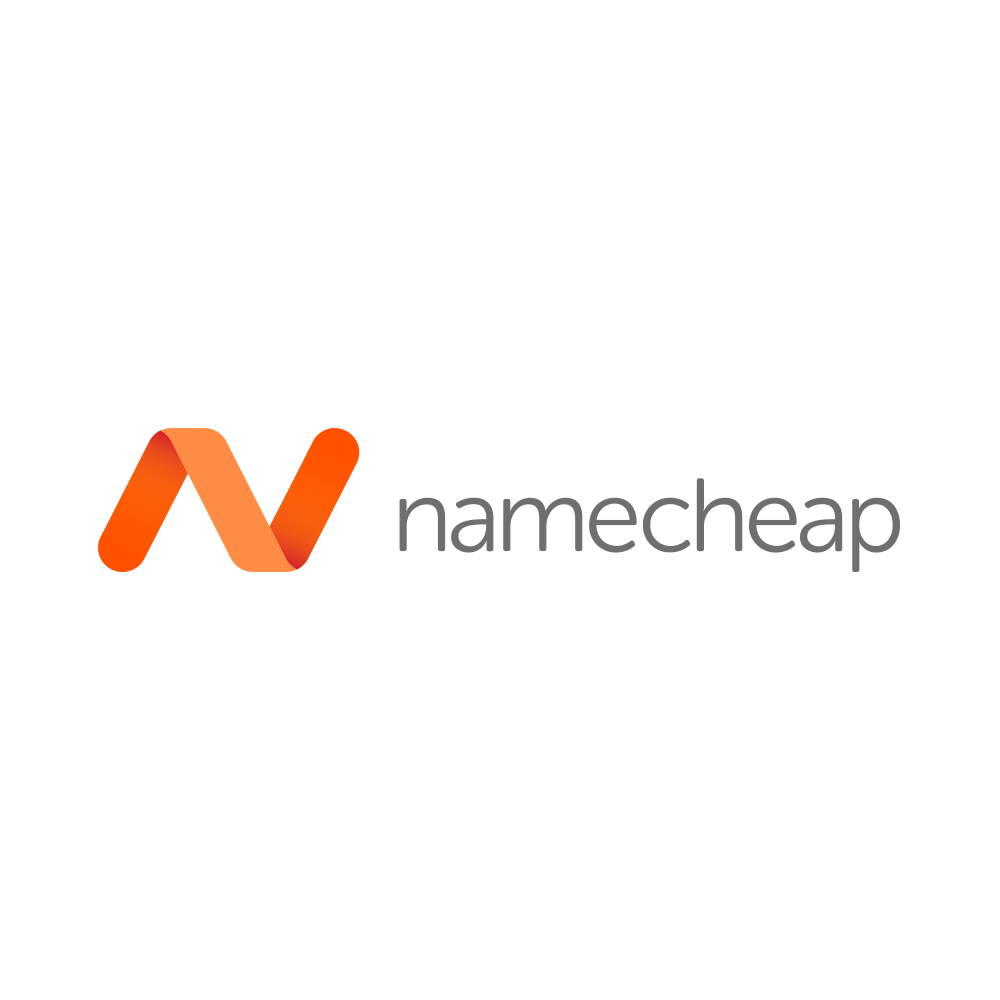
Namecheap
£0.75

Bluehost
£1.99
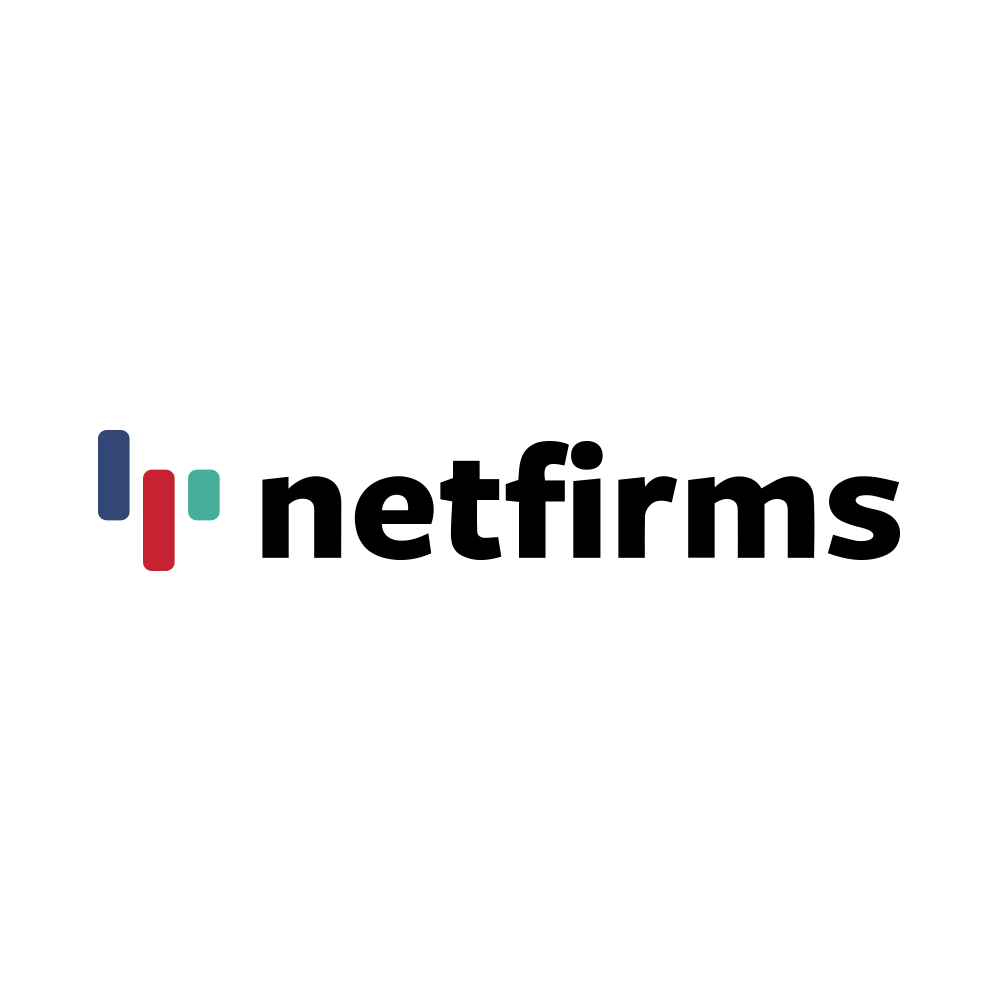
Netfirms
£7.37

eUKHost
£7.99
5 Best domain names Providers

Bluehost
£1.99
One of the biggest domain names and hosting providers globally.
One of the biggest domain names and hosting providers globally.
Pros
- 30-day money back
- Excellent domain prices
- Strong hosting packages
Cons
- No up time guarantee
Bluehost is popular choice for domain names and hosting due to it’s well priced plans. We think they’re best suited to website beginners. See how Bluehost compares to Hostgator.

GoDaddy
£0.99
GoDaddy is one of the biggest domain names registrars in the world.
GoDaddy is one of the biggest domain names registrars in the world.
Pros
- Excellent customer service
- Wide selection of products
Cons
- Prices get more expensive in the 2nd year
- Hidden costs
- Longer plans for better prices
GoDaddy offers a huge selection of products, and great customer service. They wouldn’t be our first choice though. Read the full review to find out why.
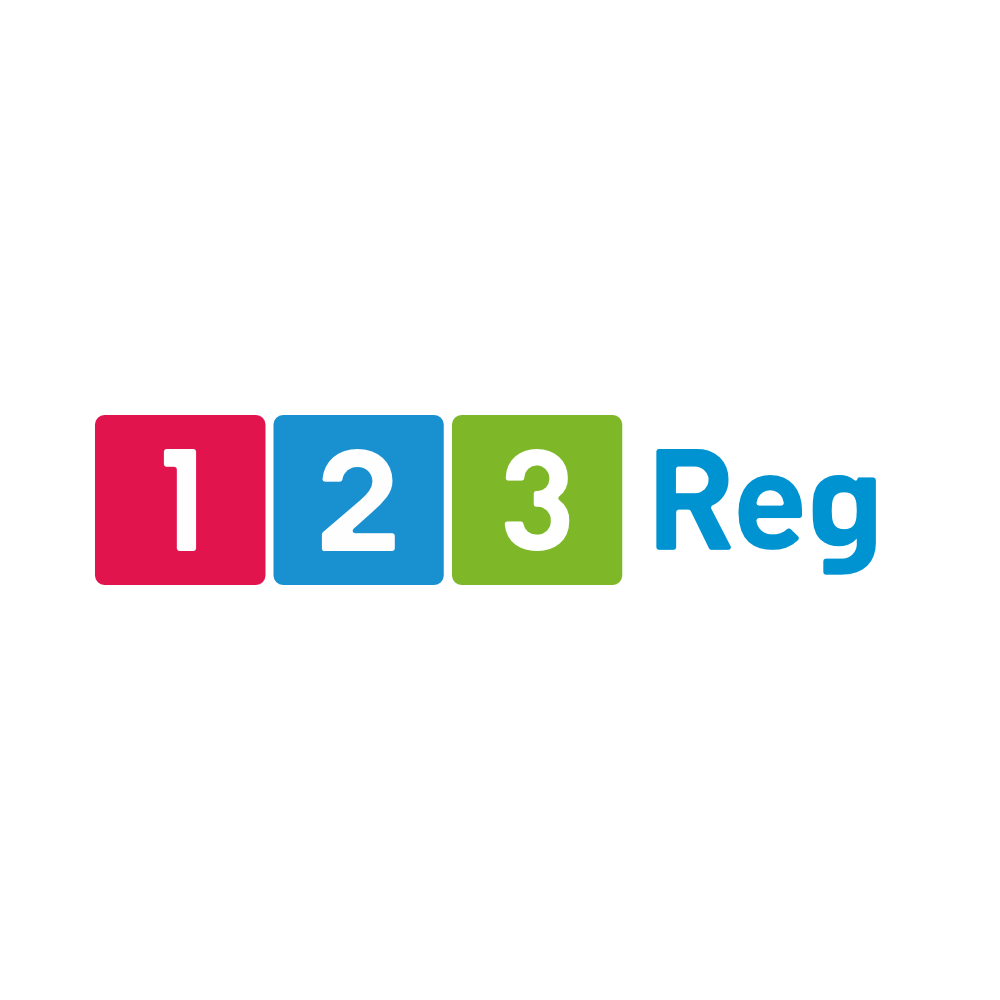
123-Reg
£0.99
The UK’s biggest domain names registrar.
The UK’s biggest domain names registrar.
Pros
- 14-day money back
- Great prices
- Good customer support
- UK based
Cons
- No live chat
- Some hidden costs
123 Reg is a reliable and very popular domain names provider. They have a number of web hosting plans available as well as offering a number of different services for website owners. Read the full 123 Reg review.

Domain.com
£7.37
Great for domains but better providers are available for other services.
Great for domains but better providers are available for other services.
Pros
- Simple plans
- Good value
- Great customer support
Cons
- Limited products other than domains
- No cPanel
A good domain names provider for basic users. If you need more than a domain name, you may be better-off looking elsewhere.

Namecheap
£0.75
Great value domains, hosting plans could be better.
Great value domains, hosting plans could be better.
Pros
- Great value domain names
- Good cPanel
Cons
- Slow hosting speeds
- Free domain is for only for certain TLDs
A popular domain name registrar offering low-priced hosting plans and domains. Data centres available in the UK or US.

